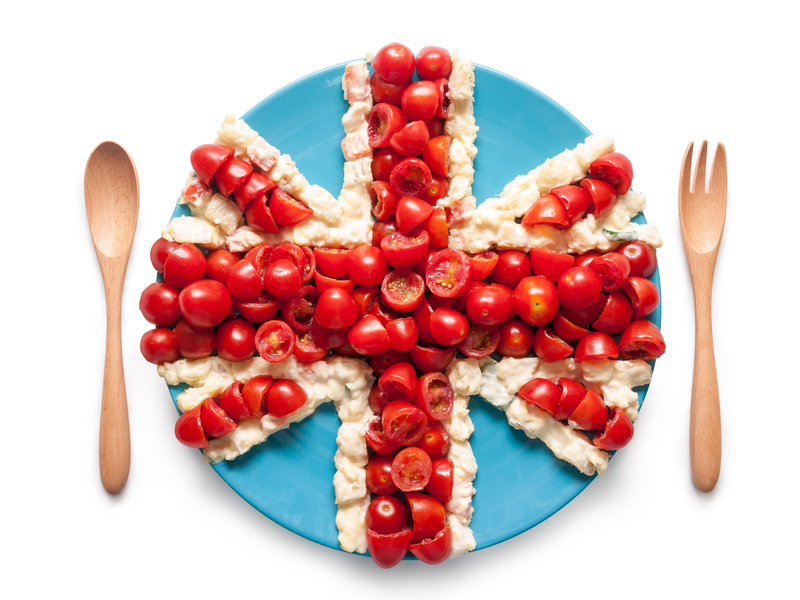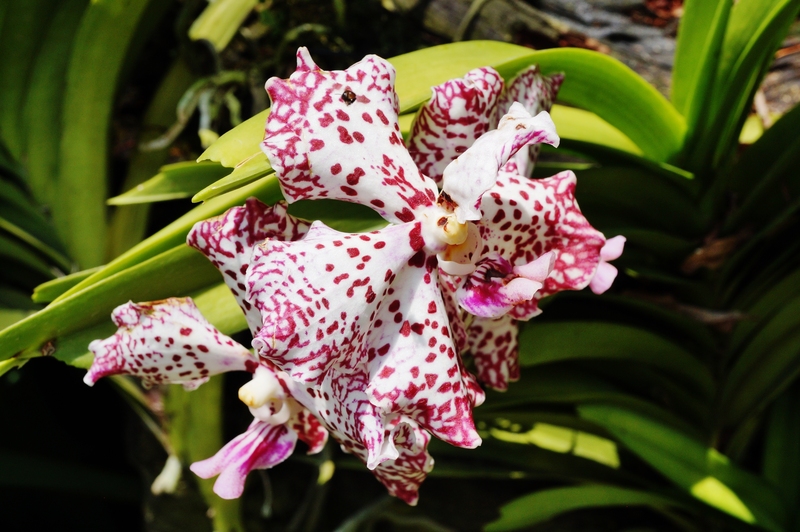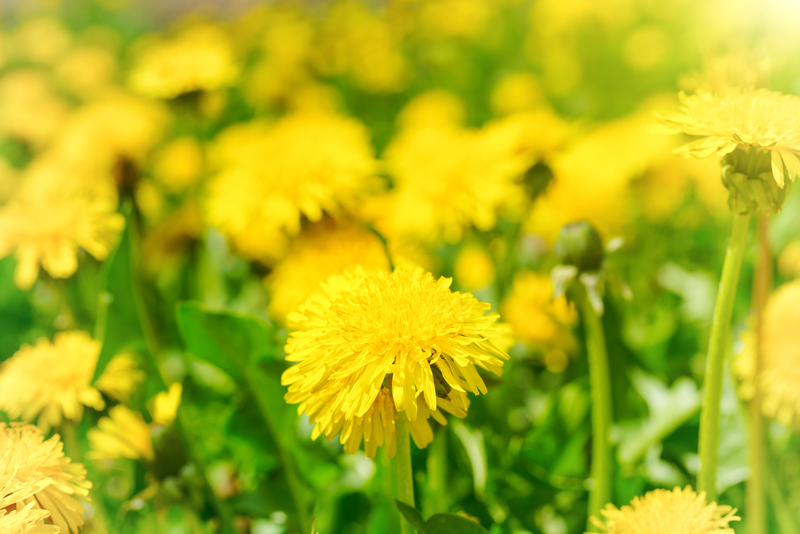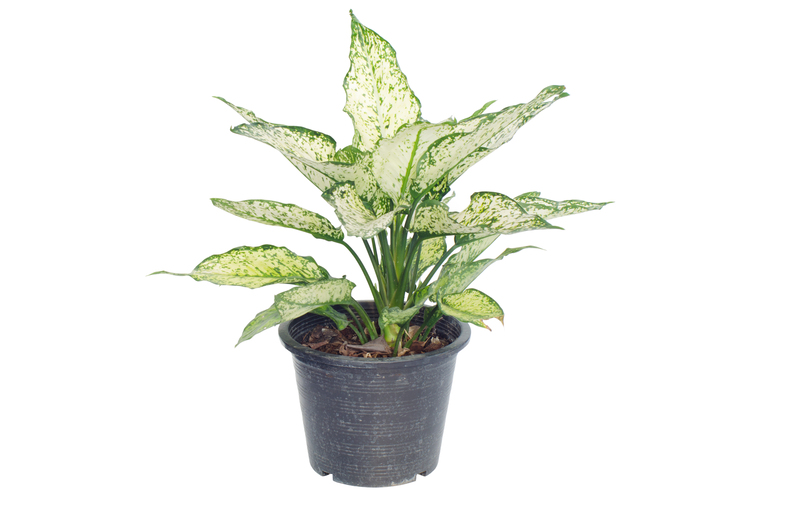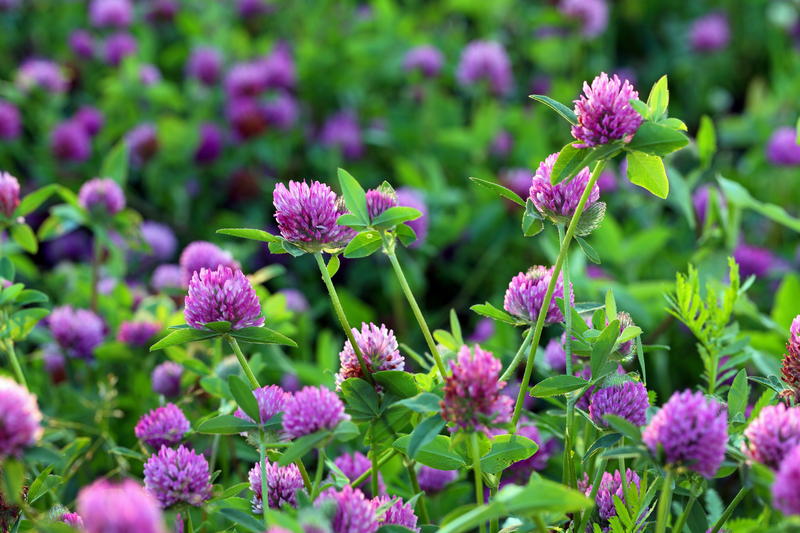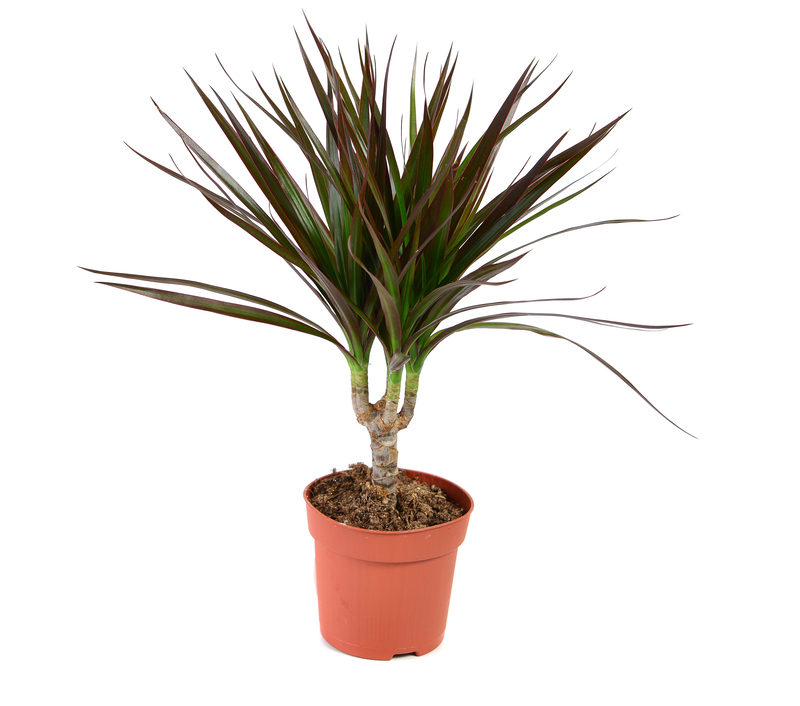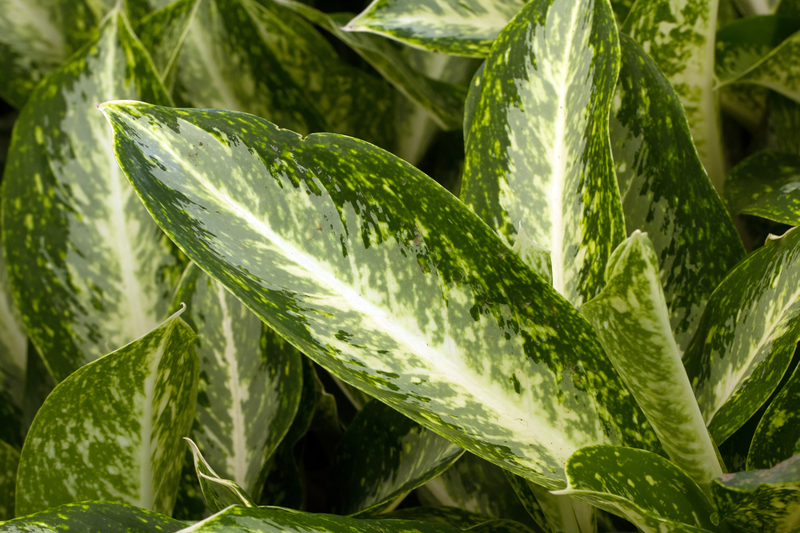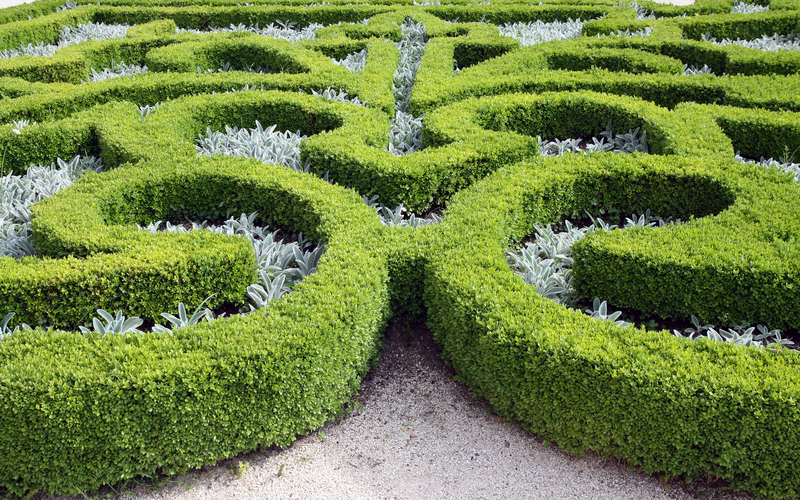The Ultimate Guide to Passionate Gardeners
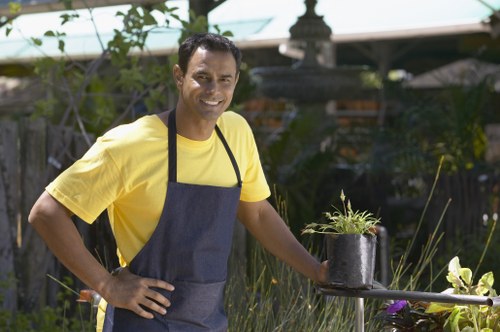 Gardening is more than just a hobby; it’s a way of life for many enthusiasts. Gardeners dedicate their time and energy to cultivating vibrant plants, creating serene outdoor spaces, and contributing to the beauty of their surroundings. Whether you’re a seasoned gardener or just starting out, understanding the nuances of gardening can enhance your experience and results.
Gardening is more than just a hobby; it’s a way of life for many enthusiasts. Gardeners dedicate their time and energy to cultivating vibrant plants, creating serene outdoor spaces, and contributing to the beauty of their surroundings. Whether you’re a seasoned gardener or just starting out, understanding the nuances of gardening can enhance your experience and results.
One of the key aspects of successful gardening is soil management. Healthy soil provides the necessary nutrients for plants to thrive. Gardeners often invest time in testing soil pH levels, adding organic matter, and ensuring proper drainage to create an optimal growing environment.
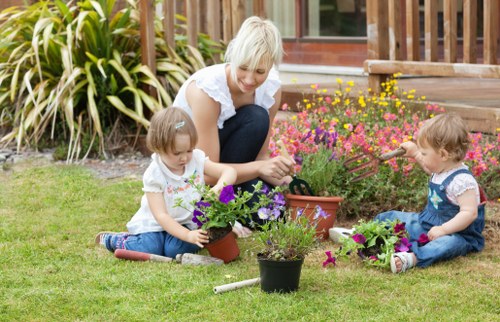
Choosing the Right Plants
Selecting the appropriate plants for your garden is crucial. Factors such as climate, soil type, and sunlight exposure play significant roles in determining which plants will flourish. Seasonal gardening allows gardeners to enjoy a variety of plants throughout the year, ensuring a vibrant and dynamic garden.
Understanding the specific needs of each plant species helps in providing the right care. This includes knowing the watering requirements, ideal planting times, and appropriate spacing to prevent overcrowding. Gardeners often research and plan meticulously to ensure each plant has the best chance to succeed.
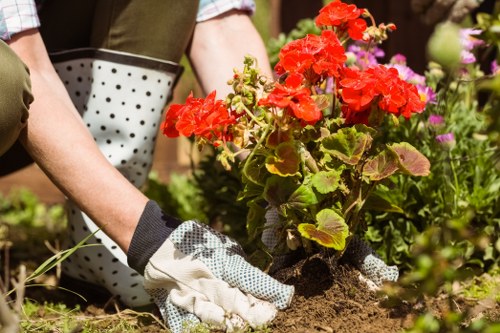
Gardening Techniques
Various gardening techniques can significantly impact the health and appearance of your garden. Methods like crop rotation, companion planting, and mulching not only improve plant growth but also reduce pests and diseases. Innovative gardening practices keep the garden resilient and sustainable.
Another important technique is pruning, which involves selectively removing parts of a plant to encourage healthy growth and maintain its shape. Proper pruning enhances air circulation and sunlight penetration, which are essential for plant vitality.
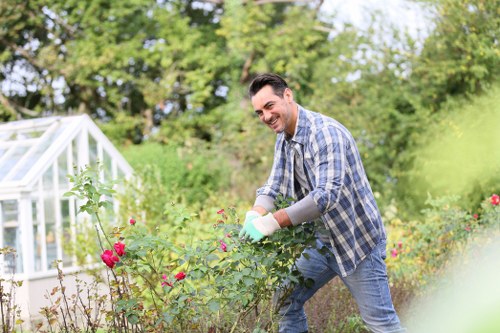
Tools and Equipment
Having the right tools is essential for any gardener. From basic hand tools like trowels and pruners to more specialized equipment like drip irrigation systems and greenhouse setups, the right tools can make gardening tasks more efficient and enjoyable. Gardeners often invest in quality tools to ensure durability and effectiveness.
Maintenance of gardening tools is equally important. Regular cleaning and proper storage extend the life of your tools and ensure they are ready for use when needed.
Safety is also a priority. Using protective gear such as gloves, masks, and goggles can prevent injuries and protect against harmful substances.
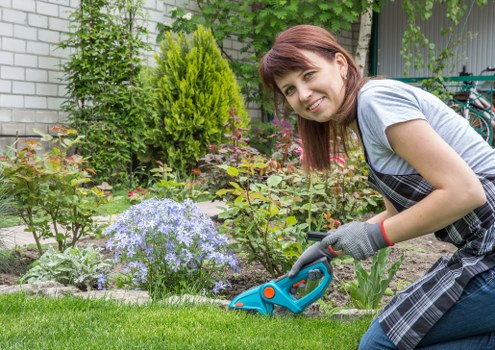
Environmental Benefits of Gardening
Gardening not only beautifies spaces but also offers numerous environmental benefits. Plants absorb carbon dioxide and release oxygen, contributing to cleaner air. Additionally, gardens can support local biodiversity by providing habitats for various insects, birds, and other wildlife.
Rain gardens and green roofs are examples of gardening practices that help manage stormwater runoff, reducing the risk of flooding and water pollution. By implementing sustainable gardening practices, gardeners play a vital role in environmental conservation.
Community and Social Impact
Gardening often brings people together, fostering a sense of community. Community gardens provide shared spaces where individuals can collaborate, share knowledge, and cultivate friendships. These gardens can also serve as educational resources, teaching others about sustainable practices and the importance of local food production.
Urban gardening initiatives transform vacant lots and rooftops into productive green spaces, enhancing the aesthetic appeal of cities and providing residents with access to fresh produce. Gardeners involved in such projects contribute to the overall well-being of their communities.



